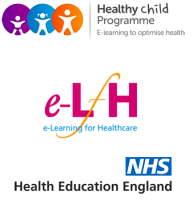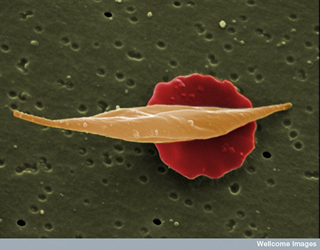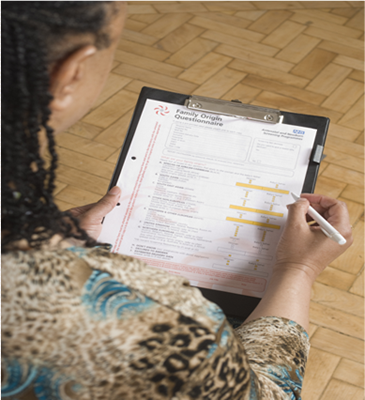Screening Programmes Part 1: Pregnancy and Newborn course



This session will describe and discuss the following three NHS antenatal and newborn screening programmes: screening for sickle cell and thalassaemia; newborn blood spot screening; and screening for infections in pregnancy.
Learning objectives
By the end of this session you will be able to:
- Describe the appropriate care pathway for each of the screening programmes, including the optimum times for testing
- Describe the basic aetiology of the conditions being screened for
- Discuss the rationale behind each of the screening programmes
- Identify the possible screening outcomes for each condition
The aims of antenatal and newborn screening are to detect health problems in the mother and/or newborn. The screening tests can help the parents to make informed choices about care or treatment of the mother and newborn. The aim of antenatal screening is to facilitate informed decision-making in relation to the care of the mother. The aim of newborn screening is to detect health problems early and to ensure affected children receive appropriate care as soon as possible.
Before commencing this session you should complete the following HCP session:
- 11_01 Overview and Principles of Screening (402-0070)
Jo Harcombe [MA, BA (Hons), DPSM, RM, RN] is currently the National Education Lead to the UK NSC screening programmes (England). This role covers the non-cancer screening programmes for England and ensures delivery of a cross-programme, multidisciplinary education strategy that supports NHS staff, commissioners and education institutes. Jo chairs several groups across the UK NSC and is a representative for the UK NSC across several organisations and stakeholder groups.
Prior to commencing this role Jo worked as a clinical midwife and senior lecturer in midwifery and women’s health and led several education projects related to clinical governance/risk management. Jo started working for the UK NSC in 2001 as a Regional Screening Coordinator for the North East region, and took on the education remit in 2002 part-time and full-time in 2004.
Jo’s Masters Degree is in Educational Leadership and her dissertation explored the use of ‘distributed leadership’ in the NHS as a means of securing sustainable professional education for screening.

- Child as Listener and Speaker Part 2: Verbal Aspec...
- Posted By eIntegrity Healthcare e-Learning
- Posted Date: 2024-11-23
- Location:Online
- This is the second of two sessions which describe the language processing system and the challenges ...
- Child as Listener and Speaker Part 1: Non-verbal A...
- Posted By eIntegrity Healthcare e-Learning
- Posted Date: 2024-11-23
- Location:Online
- This session is the first of two which describe the skills and knowledge that underpin the understan...
- Child Mental Health: Getting a Good Start course
- Posted By eIntegrity Healthcare e-Learning
- Posted Date: 2024-11-23
- Location:Online
- This session will outline the factors in the first 5 years of life that contribute to the developmen...
- Fantastic Twos - Common Behavioural and Emotional ...
- Posted By eIntegrity Healthcare e-Learning
- Posted Date: 2024-11-23
- Location:Online
- This session covers some of the behavioural problems which can result from poor mental health in pre...
- Communication Impairments Part 4: Autistic Spectru...
- Posted By eIntegrity Healthcare e-Learning
- Posted Date: 2024-11-23
- Location:Online
- This session is the last of four that looks at different speech, language and communication impairme...







